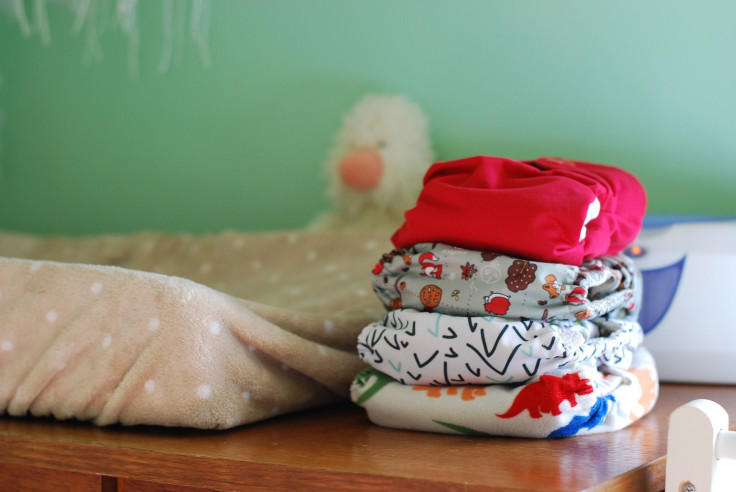Inadequate Diaper Supply Linked To Disrupted, Shorter Sleep In Children
KEY POINTS
- Researchers looked at the link between insufficient diaper supply and children's sleep
- Children of families that face trouble supplying diapers experience disrupted sleep
- "High diaper need was associated with parent perception of poor sleep," say researchers
Just how important are diapers to your children's sleep? In a new study, a team of researchers has found that children whose families can't always afford diapers tend to have disrupted sleep.
Sleep is important for people of all ages. In toddlers, for instance, it is critical in helping promote brain development, learning and memory, the researchers wrote in a study, published Monday in the Journal of Developmental & Behavioral Pediatrics. It is also associated with factors such as behavioral and physical health, and even emotional well-being.
"Sleep is critical for child health, but factors related to poverty create barriers to the achievement of healthful sleep," the researchers wrote. This includes factors such as food insecurity, chaos in the environment and parental stress.
For their work, the researchers looked at the link between insufficient diaper supply and children's sleep. The inability to afford diapers (diaper need) has increasingly become a "social determinant of health measure among families with young children," they explained. And about a third of U.S. mothers struggle to afford diapers, especially during the COVID-19 pandemic.
The researchers surveyed 129 people with children three years or younger about the severity of their diaper needs, as well as their children's sleeping habits. This included information such as how often the child wakes up at night and the time it takes before they fall asleep, Rutgers University said in a news release. Parents also noted the difficulties with their children's bedtime routines, as well as their perceptions of their kids' sleep.
Some 88% of the families were food insecure, while 76% were without diapers "at least once a year." One-third of the children have been diagnosed with a developmental disability, the university noted.
The results revealed an association between diaper needs and lower total sleep scores (poorer sleep quality, quantity, and environment), suggesting that children tend to have shorter and disrupted periods of sleep.
"The findings suggest that an inadequate supply of diapers adversely affects children's sleep," the researchers wrote. "This study is the first to examine the relationship between diaper need and sleep."
Given the importance of sleep, this could have negative implications on the children.
"Sleep promotes brain development and solidifies learning and memory," said study co-author Sallie Porter, of Rutgers School of Nursing. "Children with compromised sleep are more at risk for childhood obesity and emotional and behavioral problems."
The researchers also found that parents who report higher diaper needs were also more likely to note their children's sleep as "a problem or difficult." According to the researchers, this suggests that parents' perception of sleep tends to be more negative when they have higher diaper challenges.
The researchers recommend clinicians should ask parents about their diaper needs during visits and lead them to resources that can help fulfill their requirements. Providing information on sleep practices may also be helpful.

© Copyright IBTimes 2025. All rights reserved.






















